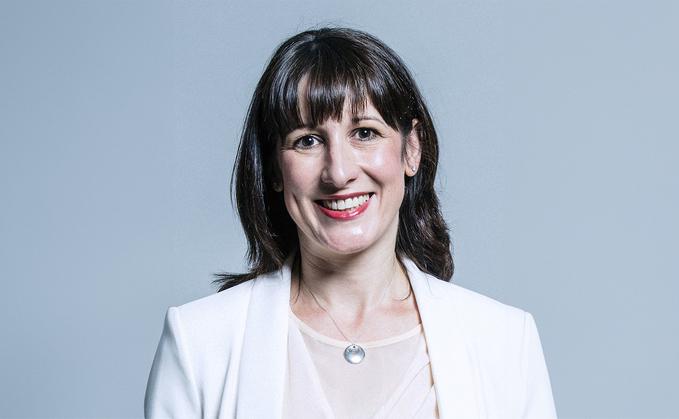The UK Chancellor is set to engage in high-level trade discussions with Gulf leaders this week, aiming to advance pro-growth economic policies and strengthen bilateral ties. As the government seeks to accelerate post-Brexit trade expansion, these talks underscore a strategic push to deepen investment and commercial cooperation with key Gulf partners. The Financial Times reports that the meetings will focus on unlocking new opportunities for UK businesses and fostering a more conducive environment for sustained economic growth.
UK Chancellor Embarks on Strategic Gulf Trade Mission to Boost Economic Growth
The UK Chancellor has commenced a high-profile trade mission across key Gulf Cooperation Council (GCC) countries, aiming to strengthen bilateral economic ties and unlock new avenues for investment. This move reflects the government’s commitment to fostering pro-growth policies by tapping into the Gulf’s rapidly expanding markets. Discussions will cover a broad spectrum of sectors including energy, technology, finance, and infrastructure, with a sharp focus on sustainable development and innovation-driven collaboration.
Key objectives outlined for the mission include:
- Attracting Gulf investment into UK green technology and infrastructure projects
- Enhancing trade partnerships by reducing barriers and streamlining customs procedures
- Supporting UK exporters in sectors with high growth potential, such as digital services and renewable energy
| Country | Focus Sector | Planned Initiatives |
|---|---|---|
| United Arab Emirates | Finance & FinTech | Establishing joint innovation hubs |
| Saudi Arabia | Renewable Energy | Co-investment in solar projects |
| Qatar | Infrastructure Development | Collaborative transport networks |
Focus on Strengthening Investment Ties and Expanding Market Access in Gulf States
The UK chancellor’s upcoming trade discussions with Gulf state officials underscore a strategic drive to enhance bilateral investment frameworks and unlock new commercial opportunities. Emphasis will be placed on leveraging the Gulf’s robust capital flows and aligning regulatory environments to facilitate smoother capital movement. Key areas targeted include energy partnerships, infrastructure development, and technology transfer, aiming to create a fertile ground for sustained economic growth on both sides.
Central to these talks is the commitment to broaden market access by reducing trade barriers and enhancing financial sector connectivity. The initiative also seeks to introduce collaborative platforms that encourage private sector innovation and joint ventures. Below is a concise overview of priority sectors and potential benefits highlighted for stakeholders:
| Sector | Investment Focus | Expected Outcome |
|---|---|---|
| Renewable Energy | Joint green projects & funding | Lower carbon footprint, new jobs |
| Financial Services | Regulatory harmonization | Enhanced cross-border transactions |
| Infrastructure | Transport & logistics integration | Improved trade flow efficiency |
| Technology | Innovation hubs & R&D collaboration | Accelerated digital transformation |
Experts Recommend Targeted Policy Reforms to Maximize Trade Benefits and Sustainable Development
Leading economists and policy advisors emphasize that unlocking the full potential of UK-Gulf trade relations requires more than just expanding market access. They advocate for policy reforms tailored towards sustainability and inclusive growth, ensuring that trade agreements incorporate environmental safeguards and labor rights protections. Experts highlight the urgency for frameworks that balance economic gains with social responsibility, urging governments to embed criteria that promote green technology transfer and equitable job creation within trade deals.
Key recommendations from recent policy forums include:
- Incentivizing clean energy investments to align with global climate commitments.
- Streamlining customs and regulatory procedures to reduce transactional costs without compromising standards.
- Fostering public-private partnerships to drive innovation in sustainable supply chains.
| Policy Area | Proposed Reform | Expected Outcome |
|---|---|---|
| Trade Facilitation | Digital customs platforms | Faster clearance, reduced costs |
| Environmental Standards | Mandatory emissions reporting | Improved compliance, greener trade |
| Labor Rights | Enhanced worker protection clauses | Fair wages, safer workplaces |
The Conclusion
As the UK chancellor embarks on trade discussions with Gulf partners, the outcomes of these talks will be closely watched by both domestic and international stakeholders. With an emphasis on pro-growth policies, the negotiations aim to open new avenues for investment and economic cooperation, signaling a strategic effort to strengthen the UK’s position in a competitive global market. Further developments from this engagement are expected to shape the country’s trade landscape in the months ahead.



